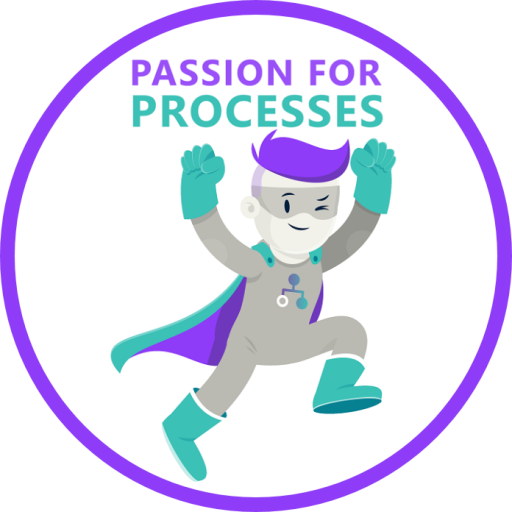
Hello everybody,
our customer would like to implement a near-real-time trouble ticket management system. It means, we need to import about 10 new process instances every 5 minutes.
Basing on your experience, do you think that multiple xmlimport and ppmimport execution would have bad effects on PPM response time? We are planning to use PPM 5.
Thanks in advance.
Regards
Marco Bianchetti
Dear Marco,
we have ARIS PPM customers importing dozends of new instances every quarter of an hour.
I don't think you will run into a performance issue considering that the hardware has been correctly estimated. Such a hardware estimation is something we can't discuss here, but my colleagues from Global ARIS Support are happy to support you on that.
Beside a short time interval of a data import into PPM, it's often forgotten that the volume of existing instances (persistent data) can quickly blow up the database size. So you need to set an automated mechanismn to aggregate older data after some time (e.g. for the past quarter only weekly average values of process performance indicators and for past years only monthly averages values).
Also, when every 5 min. the predefined analyses (in PPM called Favorites) are changed you need to consider such a continuously moving time interval in your way to interpret the data. I could imagine that your customer wants to differentiate between
- still running processes (in your case open or reopened tickets)
- vs. finished instances (closed tickets).
Open tickets could be monitored when establishing PPM as an early-warning system. So PPM can detect every single ticket which is not being processed/distributed/solved within a specific time frame.
And on the other side, for the closed tickets, your customer may be interested to analyze the process flow of such instances which had deviations the process standard so not following the designed process but took a different path in form of multiple process steps, or additional/unforseen ones, or even missing process steps. Such structural process analyses we call automated process discovery. And those results are often the basis for re-designing processes to avoid such behavior in the organization.
You may want to have a look into the case study of our ARIS PPM reference customer Tieto: "Higher quality through transparency – proactive service management". That customer had similar requirements on what you were asking above.
Cheers
Rune












